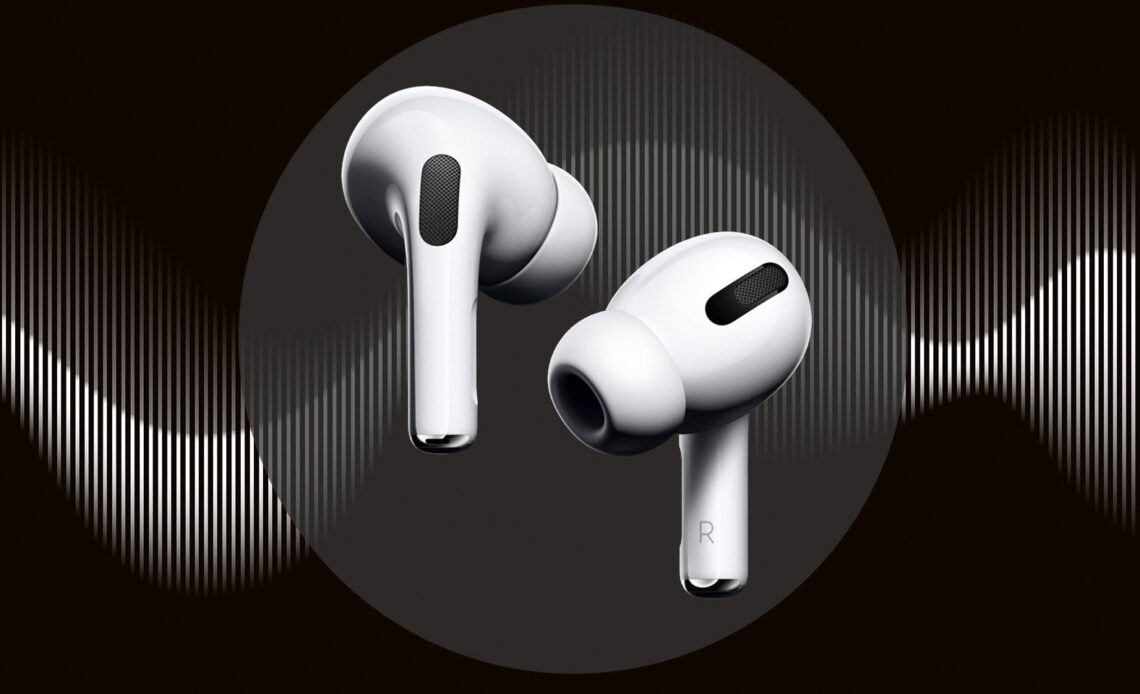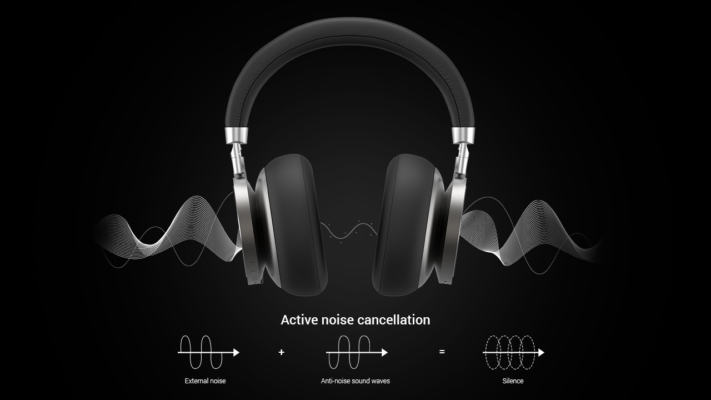
In recent years, truly wireless earbuds and neckband earphones have overshadowed traditional wired earphones, thanks to advanced features like Active Noise Cancellation (ANC). While wired options remain budget-friendly, ANC-enabled devices are dominating the audio industry with their ability to block unwanted noise.
But is ANC technology worth the hype? Should you invest in noise-cancelling headphones, or is it just a marketing gimmick? Let’s break it down.
What is Active Noise Cancellation (ANC)?
Active Noise Cancellation (ANC) isn’t a new concept—it was first developed in the 1930s and later adopted in airline headsets. Unlike passive noise isolation, which relies on ear tips to block sound, ANC uses advanced hardware and software to actively counteract external noise.
How Does ANC Work?
- ANC detects ambient sounds (like airplane hums or traffic noise) using built-in microphones.
- It generates an anti-noise wave with the opposite frequency to cancel out unwanted sounds.
- This results in a quieter listening experience, especially effective against low-frequency noises.
While ANC doesn’t completely eliminate noise, it significantly reduces distractions, making it ideal for travel, work, and immersive music sessions

Benefits of ANC in Earbuds & Headphones
1. Blocks Annoying Background Noise
If you commute via planes, trains, or buses, ANC helps mute constant honking, chattering, and engine roars—perfect for focus or sleep.
2. Enhances Call Clarity
Struggling with “Can you repeat that?” during calls? ANC headphones filter background noise, ensuring crystal-clear conversations.
3. Protects Your Hearing
Prolonged exposure to noise above 85dB can damage hearing. ANC reduces harmful noise levels, safeguarding your ears in loud environments.
4. Reduces Stress & Boosts Concentration
Constant noise increases stress and lowers productivity. ANC creates a peaceful audio environment, helping you focus better at work or study.
Drawbacks of ANC Headphones
While ANC offers impressive benefits, there are some downsides:
- Expensive – ANC earbuds cost more than regular ones.
- Battery Drain – ANC consumes more power, reducing playback time.
- Ear Pressure – Some users report slight discomfort or dizziness.
- Less Situational Awareness – Blocking outside noise can be risky in traffic or public spaces.
Do You Need ANC?
ANC is worth it if you:
✔ Travel frequently (flights, trains, buses)
✔ Work in noisy offices or cafes
✔ Want better call quality
✔ Need focus during study/work sessions
Skip ANC if you:
✖ Prefer budget-friendly earphones
✖ Rarely face loud environments
✖ Prioritize long battery life over noise cancellation
Final Verdict
Active Noise Cancellation (ANC) technology is a game-changer for audiophiles, travelers, and professionals. While it doesn’t improve sound quality, it enhances listening immersion by eliminating distractions.
If your lifestyle involves noisy commutes, remote work, or frequent calls, investing in ANC earbuds is a smart move. However, if you’re on a tight budget or don’t face loud environments often, standard wireless earbuds may suffice.
Looking for the best ANC earbuds? Check out top-rated options like Sony WF-1000XM5, Bose QuietComfort Earbuds, and Apple AirPods Pro 2 for premium noise cancellation!

